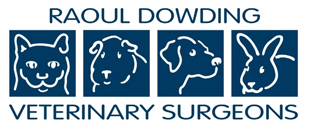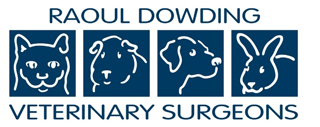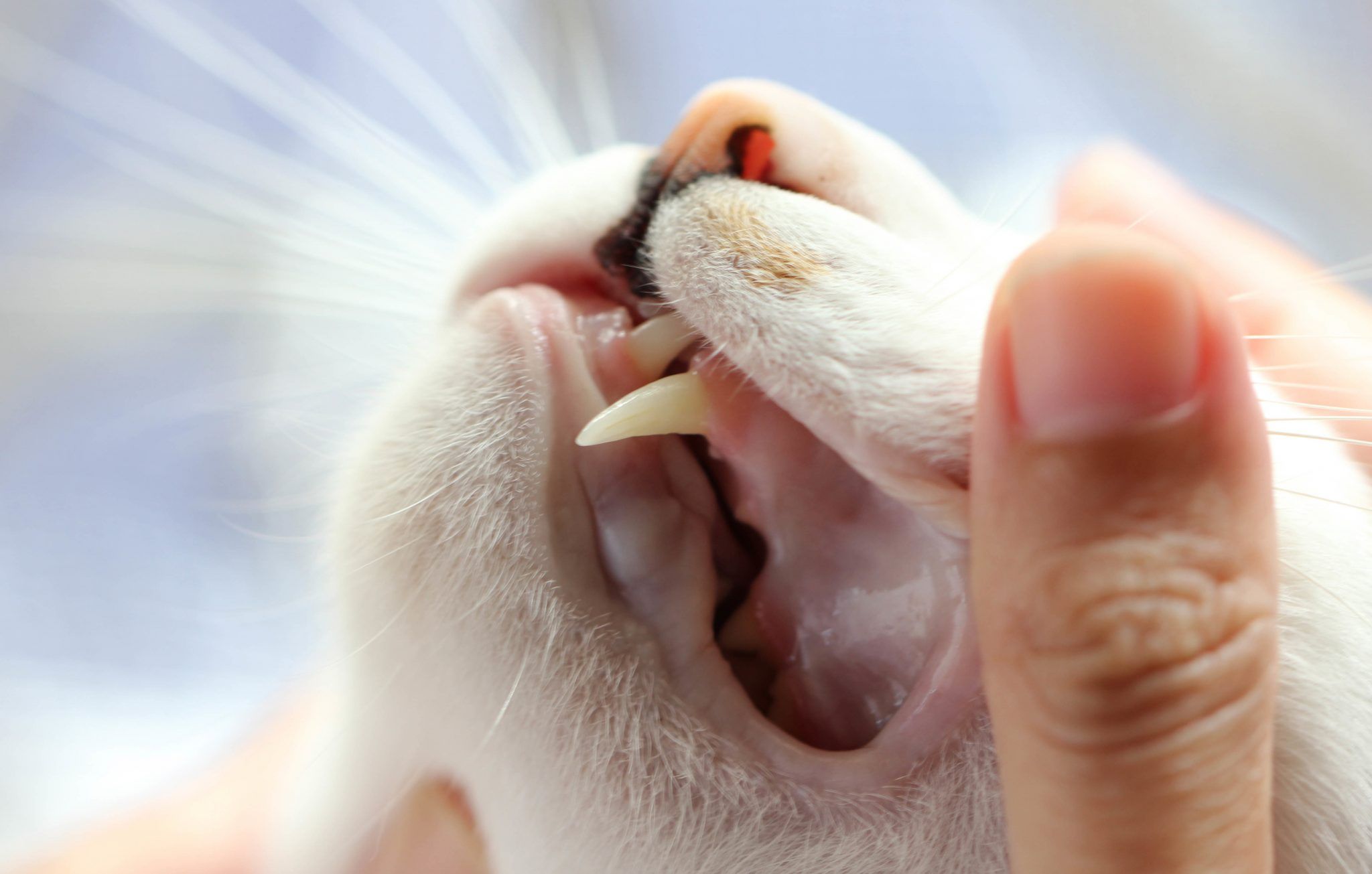Dentistry
Cleaning our pets teeth is as important as cleaning our own. Animals that don’t have some form of home dental care will be more prone to dental disease at some point in their life. It is the commonest and yet most easily preventable disease.
Dental disease not only affects the gums and teeth, it also affects the whole body. Bacteria in the plaque enter the blood stream via the inflamed gums and then travels around the body spreading infection. This infection may settle in the kidneys, liver, heart or possibly the lungs, making the animal feel generally unwell.
How it starts
Plaque is the accumulation of the bacteria and salivary mucin on the teeth. If this is not physically removed then the bacteria in the plaque start to invade the gums and cause inflammation. This is called gingivitis, which is reversible. Leaving the plaque undisturbed allows it to precipitate minerals from the saliva to form calculus (tartar). This is the hard deposit that cannot be removed by tooth brushing, chews or diets. Calculus makes it harder to control the plaque as it provides an ideal surface for the plaque to adhere to; also if it forms below the gum line it provides an ideal habitat for subginival plaque to continue doing further damage to the periodontal tissue. This will eventually progress to periodontal disease where there is a loss of attachment between the tooth and the periodontal tissue: this is irreversible. Two things can happen here, the gum margin can either form a pocket which will continue to be infected or it will recede to expose the tooth root; neither of which are good news as the affected tooth will need to be removed otherwise infection can pass into the alveolar bone of the jaw causing further problems.
Signs
- Difficulty eating or picking at food.
- Pawing or rubbing the mouth.
- Drooling with possible bloody =/- purulent discharge.
- Bad breath.
- Oral pain.
- Chattering jaws.
- Appearing hungry but turns away from food.
- Facial deformity, eg swelling on the maxilla.
Prevention
The golden standard is toothbrush and toothpaste. Animal toothpaste like Virbac CET, contain a combination of enzymes that produce the same ion that is naturally produced in the saliva. These enzymes enhance and activate the natural defence mechanisms of the mouth that help inhibit the growth and acid production of plaque-forming bacteria. Human toothpaste is not designed for digestion and therefore will cause digestive upsets if used on animals. Tooth brushing should be done as often as possible, or as often as the animal allows. If it isn’t possible to brush your animals’ teeth daily, then doing them once a week is better than not doing it at all. Hills T/d diet is the next best thing to a toothbrush. It is a complete diet that is designed to prevent the biscuit from immediately shattering during biting, therefore making the animal chew it. The fibres in the biscuit are structured in a way that as the animal bites into it the fibres wipe the plaque off the tooth’s surface. The diet also has moderately reduced protein and calcium levels to limit the production of plaque and also to limit the mineralisation of plaque to tartar. Hard chew toys like natural bones, nylon bones, dried cows hooves, may enhance the natural cleansing action of chewing, but also can cause dental fractures leading to endodontic disease, and there is a risk of an intestinal or oesophageal obstruction. Chew treats either work by abrasion to reduce plaque, or are coated with hexametaphosphate to help reduce calculus accumulation. Some of these products are hard enough to contribute to dental fractures, and also feeding treats will add to the total caloric intake so you have to take this into account when counting the calories.


